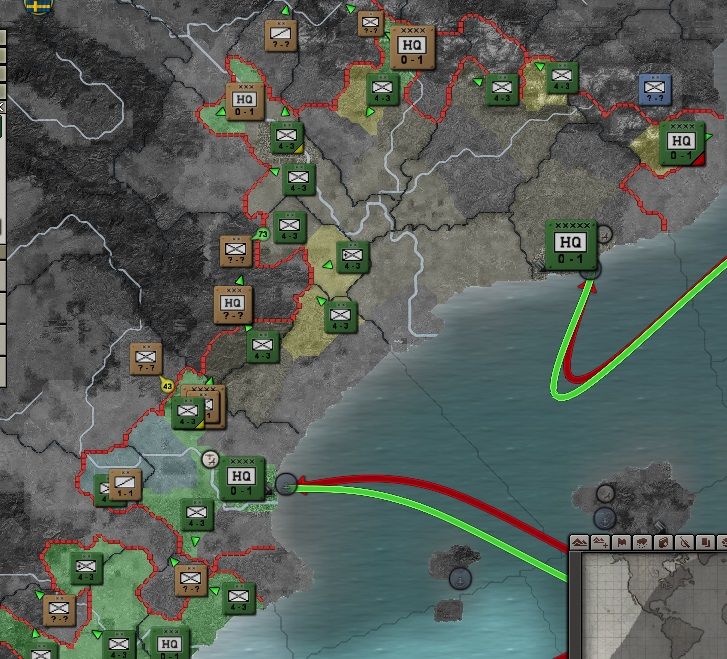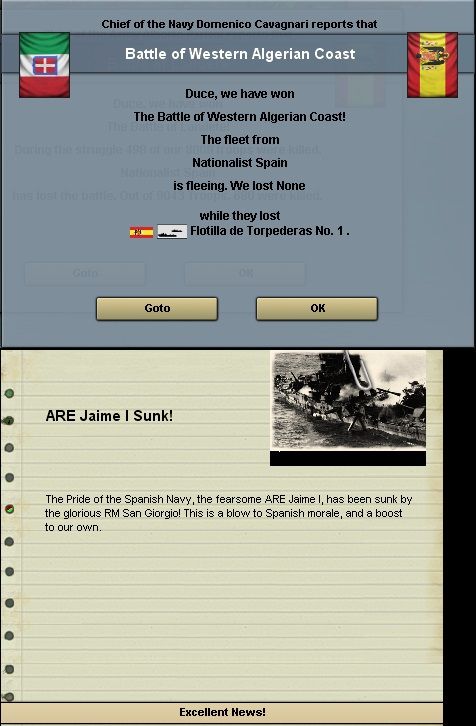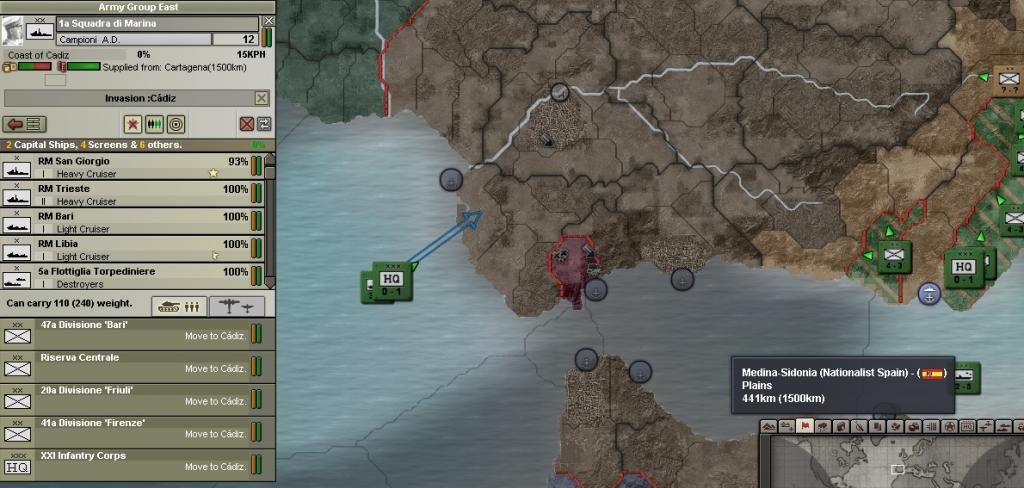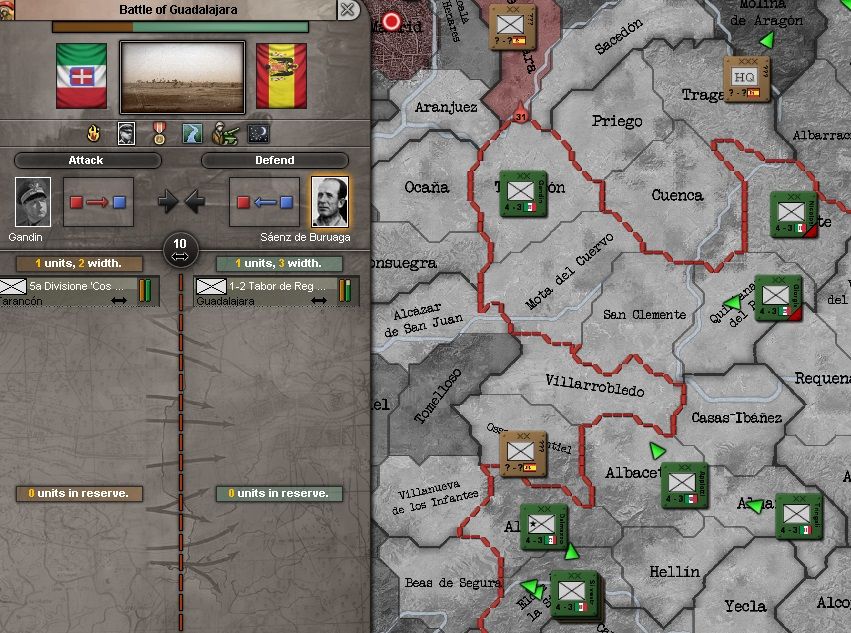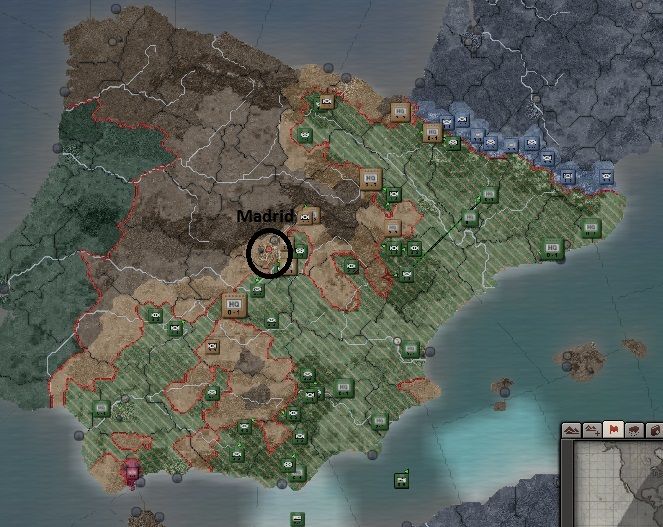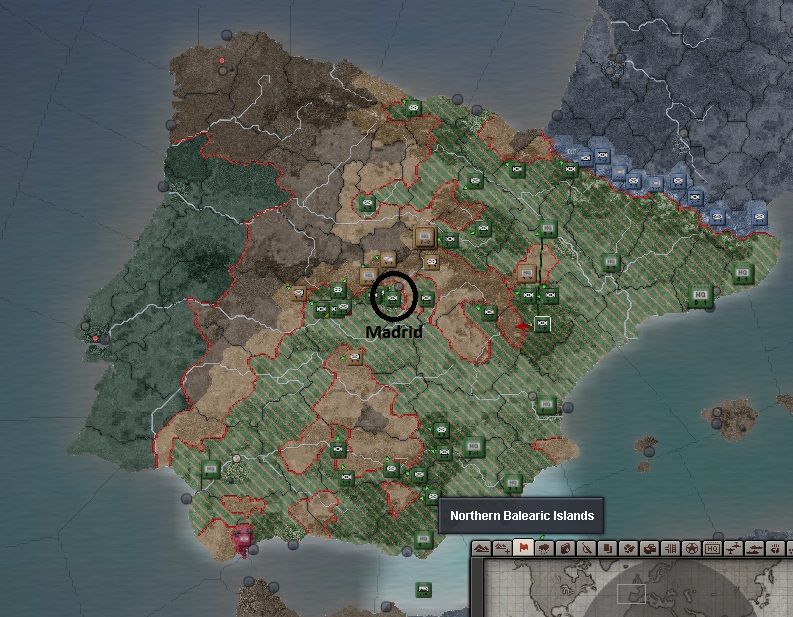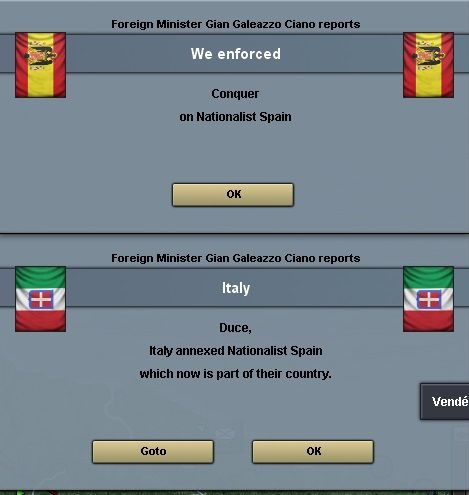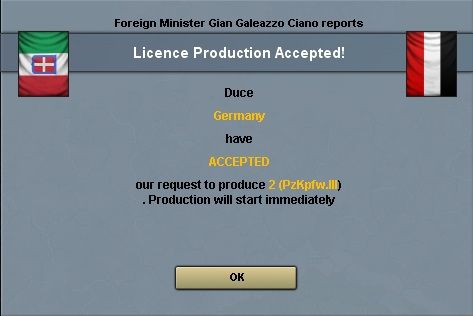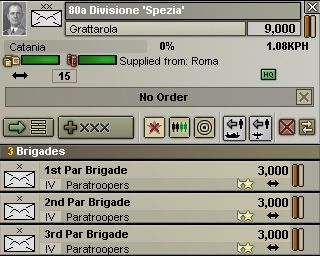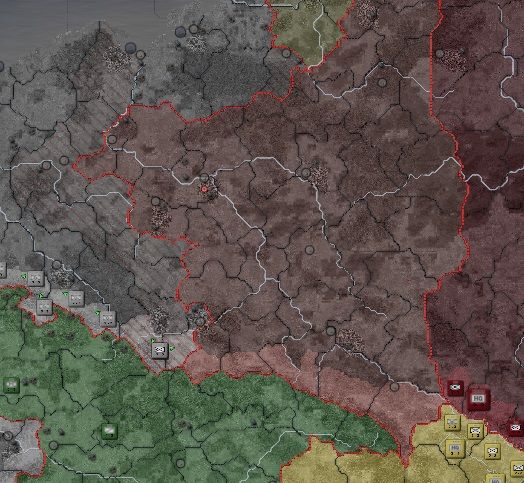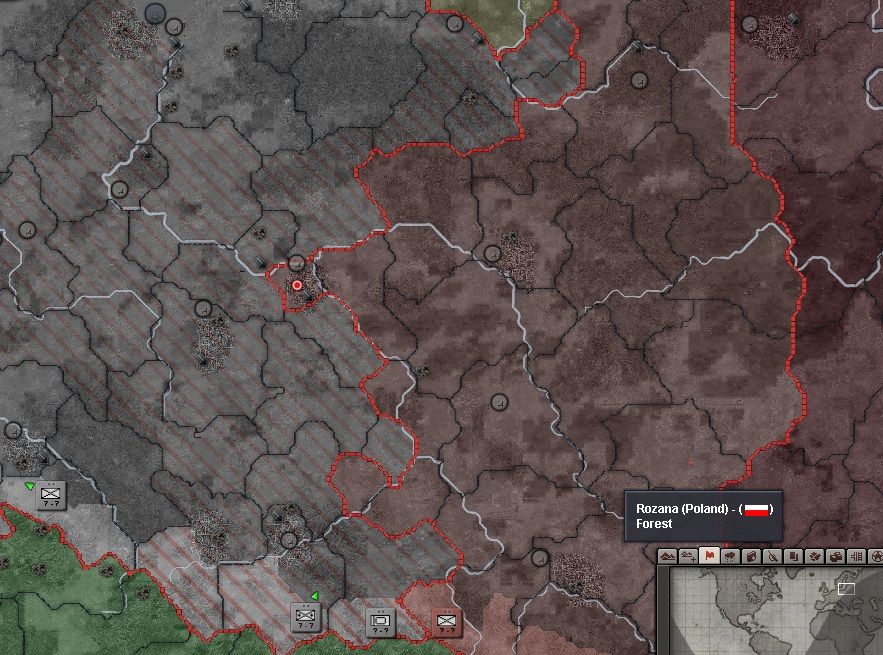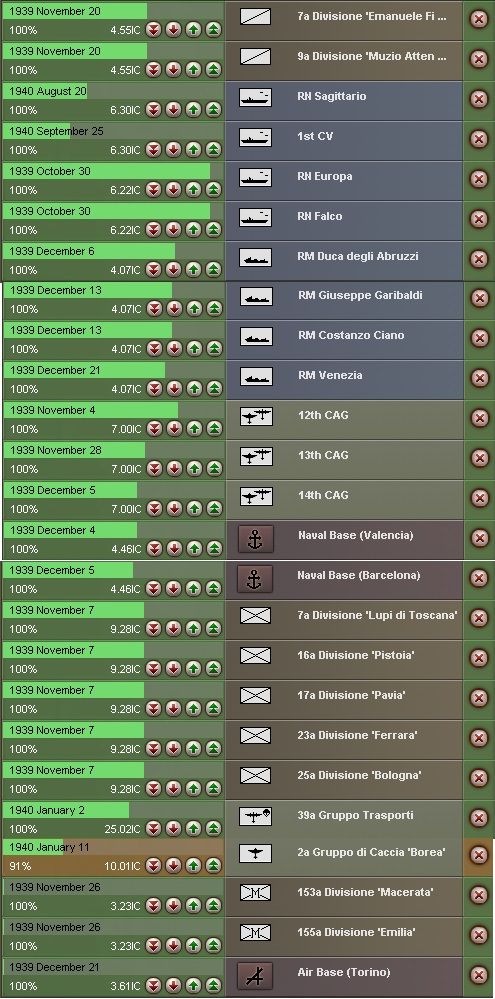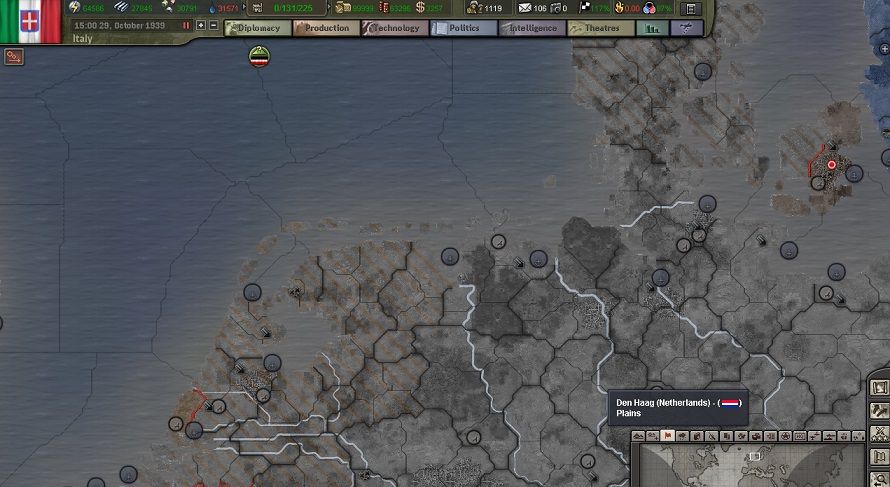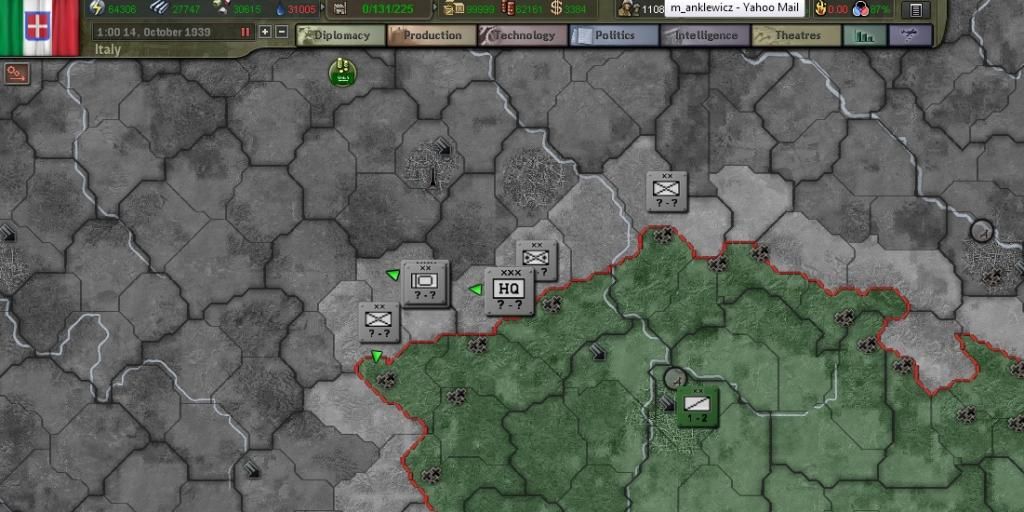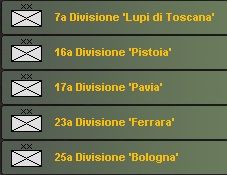Part 16: The Iberian Gambit Begins (March 1 - April 1, 1939)
From the personal journal of Giovanni Messe:
We declared war on Nationalist Spain on March 1. I knew that weather would become a factor, particularly for our troop movement in the north by the Pyrenees Mountains but if Mussolini's impression of Germany's intentions were correct, we would need to be in position by the fall and I didn't want the possibility of getting bogged down in Spain to get in the way of being ready for a larger war.
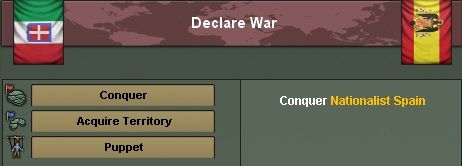
By March 3, elements of 1st Army had landed on the beaches of Spain and were beginning to assault Barcelona. While two divisions were engaged in a dominant assault of the port, another five (making the initial wave of landing infantry seven divisions strong), fanned out around the port to provide security as well as begin to create a cohesive and defensible line. The battle in Barcelona concluded with a resounding success, and only 10 fatalities compared to 198 on the Spanish side.
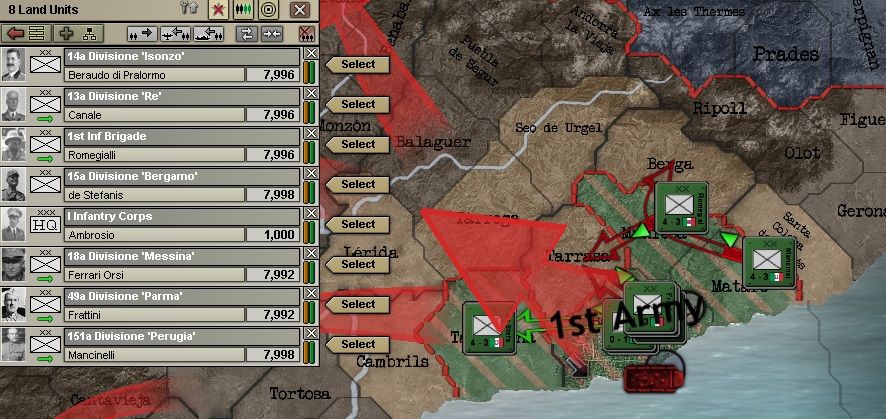
Our next major battle, at Lerida, saw similar casualty numbers with 34 fatalities on our side and another 170 on theirs. The troops moved slowly and resistance was shoring up as, by the 17th of March, we were engaged in two battles with Spanish forces that had our troops at an initial disadvantage.
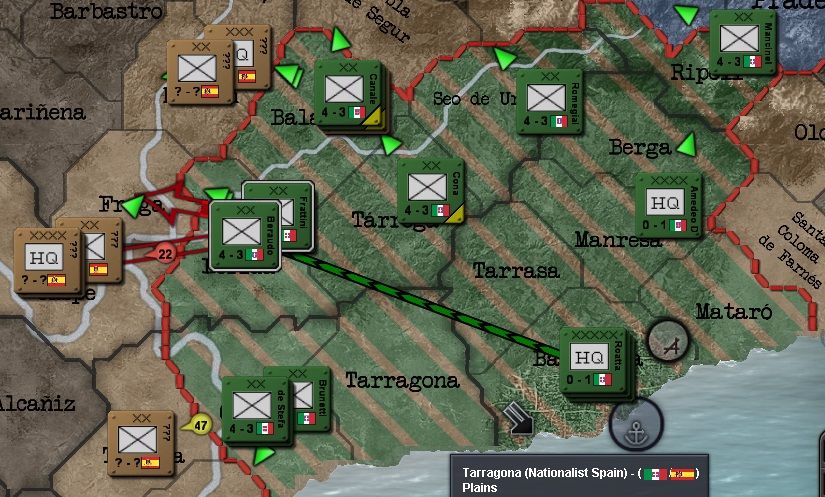
We had made our second landing, around the port of Valencia by the 17th and had taken the port, losing 109 men but killing 673 Spanish troops thanks to the overwhelming force of 24,000 troops against just under 7,000.
Our navy was encountering the Spanish navy off the East Algerian Coast but they held their own. In the Gulf of Valencia, our troops sunk a Spanish transport flotilla while our fleet, still embroiled in battle off the coast of Algeria, began to get the better of the Nationalist navy.
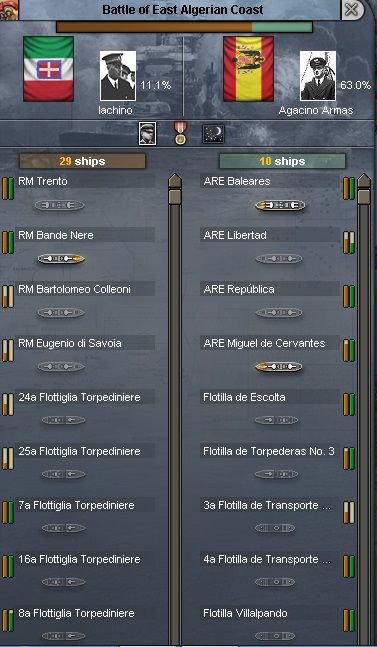
On the 21st of March, despite being outnumbered by the Spanish forces at Fraga by 150%, our troops still won the battle, and inflicted twice as many casualties as we took. At Caspe, the Spanish forces threw over 30,000 men at us but our force of just 8,000 inflicted 481 fatalities with just 214 of our own.
The naval campaign wasn't over yet as the Spaniards decided to storm our beaches on Sardinia. Our fleet proved to be too much, sinking a heavy cruiser (ARE Baleares), a light cruiser (ARE Miguel de Cervantes), a destroyer group as well as two transport groups.
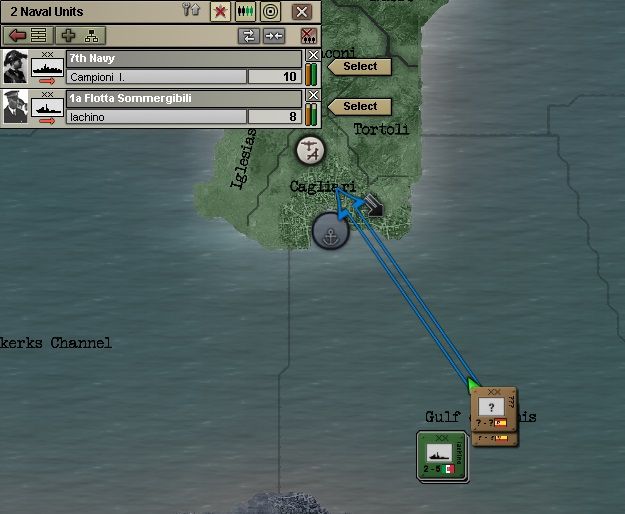

By the 24th of March, our two landings at Barcelona and Valencia had linked up to create a solid line of defense for our invasion.
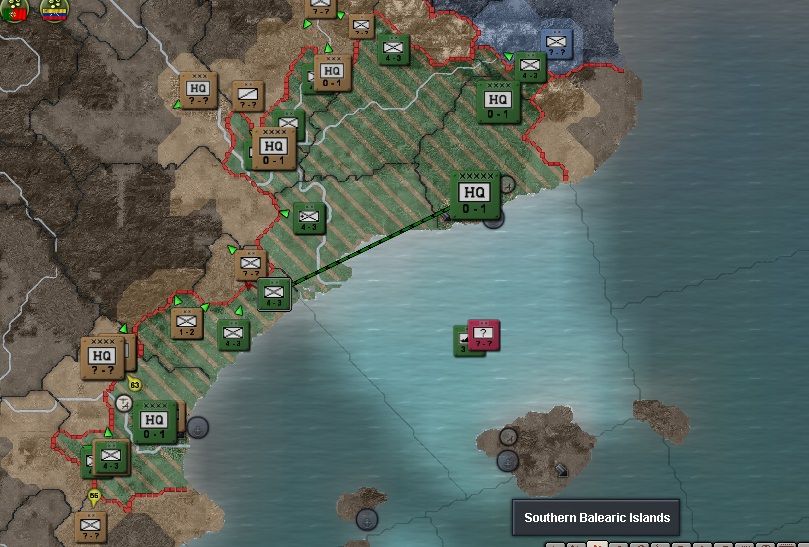
The landings at Cartagena were under way as the month wound down. I would get some rest since the invasion seemed to be going well. April promises to be a month in which we can look towards the future and watch as our troops continue to push inland from the Mediterranean.









